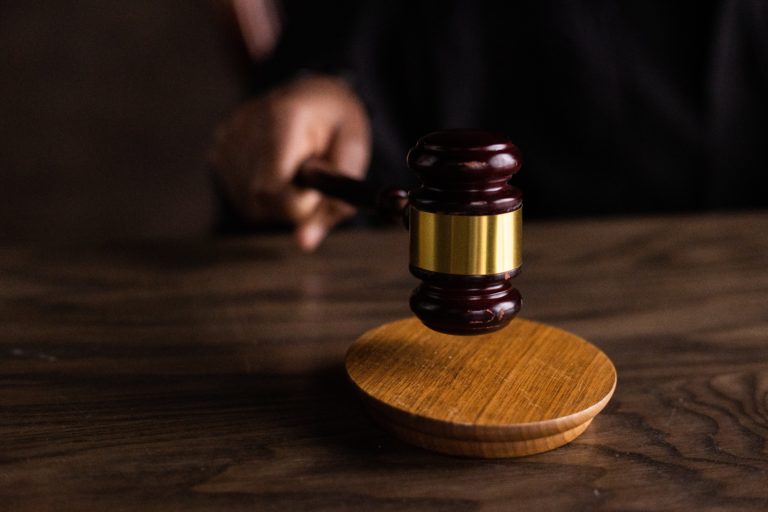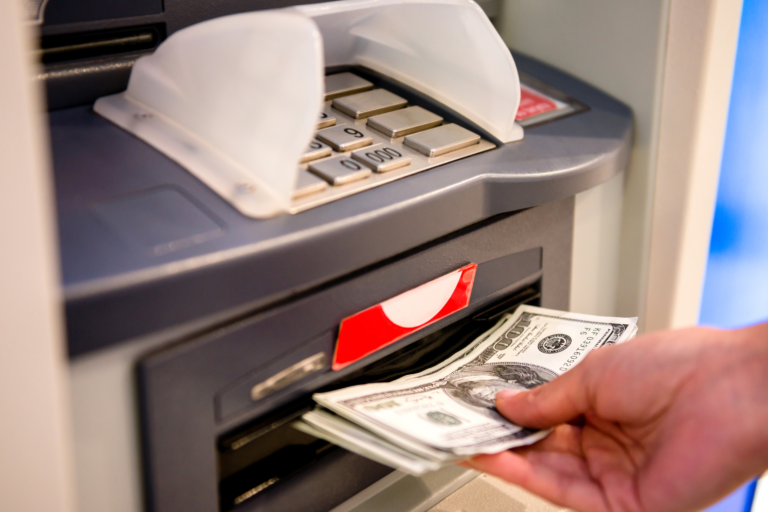You may have to deal with ancillary probate in Florida if you have inherited property from a loved one who was not a Florida resident but owned property in the state.
Below, we will explain what ancillary probate is, why it is necessary, and how you can avoid delays during the process.
What is Ancillary Probate?
Probate is a legal process that allows you to transfer the ownership of your deceased loved one’s property to your name and to the name of the other beneficiaries named in the will.
Ancillary probate is a type of probate that is required when a person dies owning real estate or other assets in a state other than their state of residence.
For example, if your uncle lived in New York and owned a vacation home in Florida, you would have to go through ancillary probate in Florida to inherit the property.
Ancillary probate is also known as secondary probate because it is done in addition to the primary o domiciliary probate that takes place in the state where the decedent lived.
Why is Ancillary Probate Necessary?
Ancillary probate is necessary because each state has its own laws and rules regarding the transfer of property after death. The primary probate done in the decedent’s state of residence may not be enough to satisfy the requirements of the state where the property is located.
When a non-Florida resident dies owning property in Florida, ancillary probate ensures that the property is distributed according to Florida’s probate laws and the decedent’s wishes.
How Can You Avoid Delays During Ancillary Probate in Florida?
Ancillary probate can take several months or even years to complete, depending on the complexity of the case and the cooperation of the parties involved. Even if everything goes smoothly, probate can still take a long time to complete. That is why it is important to avoid delays as much as possible.
Unfortunately, during ancillary probate in Florida, making tiny mistakes that cause enormous delays can be astonishingly easy.
Some of the factors that can cause delays are:
- The need to appoint a personal representative (executor) in Florida.
- The need to notify and pay creditors.
- The need to pay the estate’s taxes.
- The need to resolve any disputes or challenges from beneficiaries or other interested parties.
- The need to appraise and repair the property before selling or transferring it.
- The need to comply with any court orders, deadlines, or reporting requirements.
Fortunately, there are proactive steps you can take to avoid or minimize these delays, such as:
- Consulting with an experienced Florida probate attorney who can guide you through the process and handle any legal issues that may arise.
- Communicating and cooperating with the personal representative, the other beneficiaries, and the court, and providing any information or documents that are requested.
- Being realistic and flexible about the value and condition of the property and being willing to negotiate or compromise if necessary.
We Can Help You
If you are facing ancillary probate in Florida, you do not have to do it alone. You can rely on the professional and compassionate legal services of Jurado & Associates, P.A.
We have the knowledge and experience to handle ancillary probate proceedings, and we will work hard to protect your rights and interests.
We will also make the process as smooth and stress-free as possible by taking care of all the paperwork, court filings, communications, and negotiations, and we will keep you informed and involved every step of the way.
If you want to learn more about our services, you can reach us by phone at (305) 921-0976, by email at [email protected], or by WhatsApp at +1 (305) 921-0976.
Do not let ancillary probate delay your inheritance.






